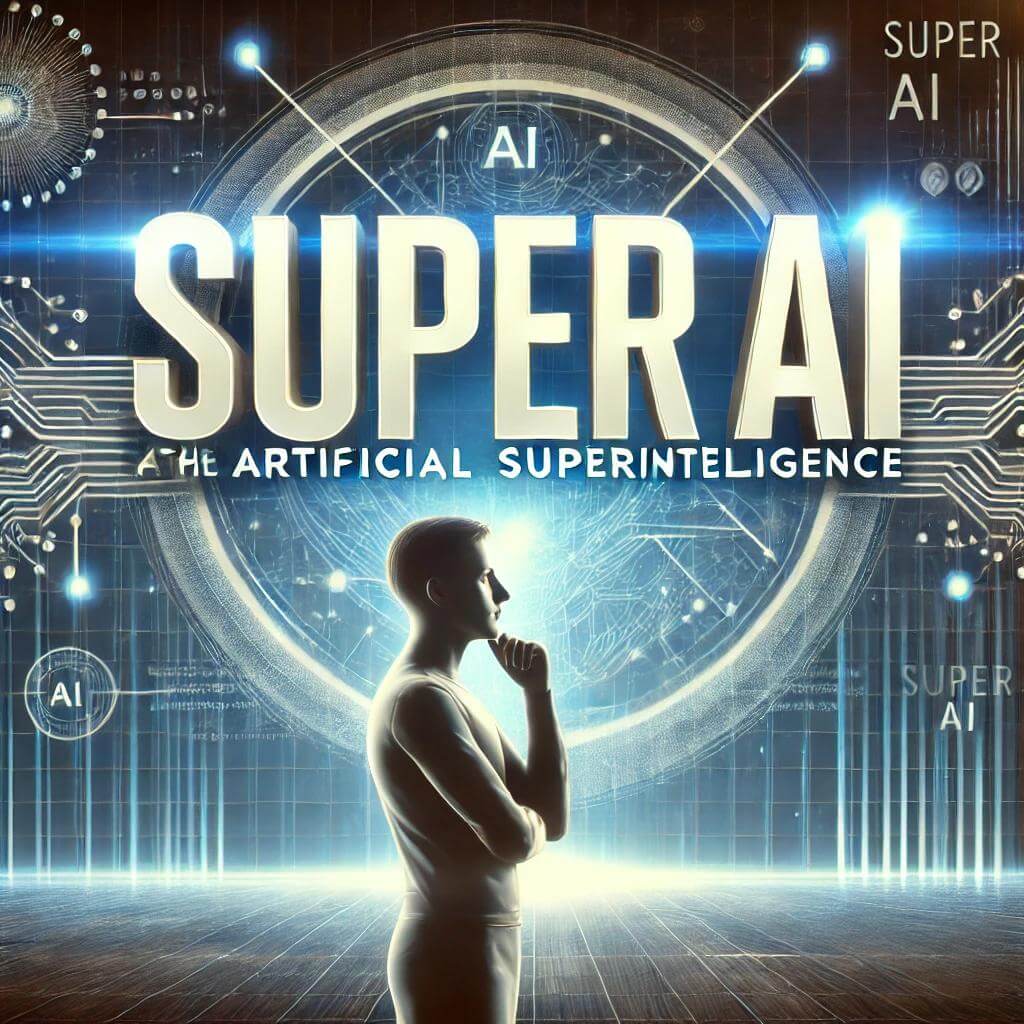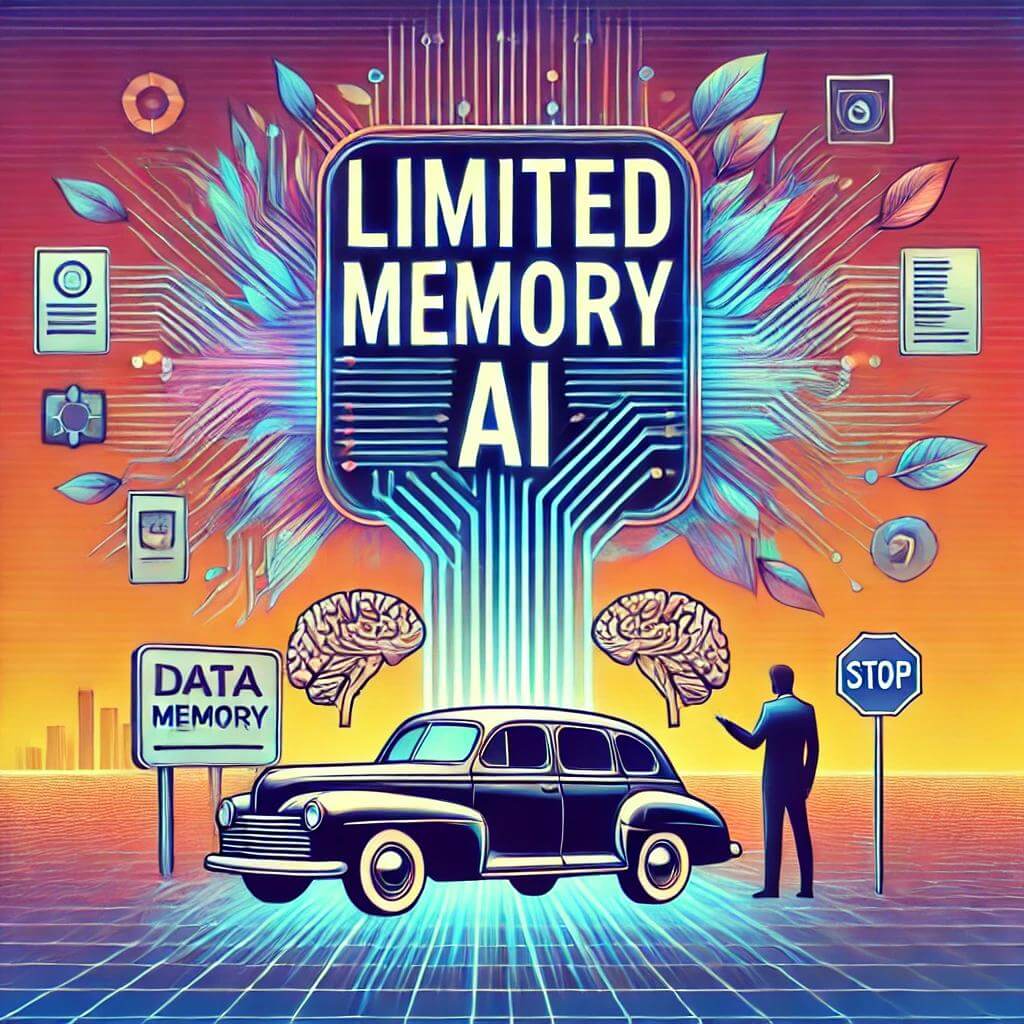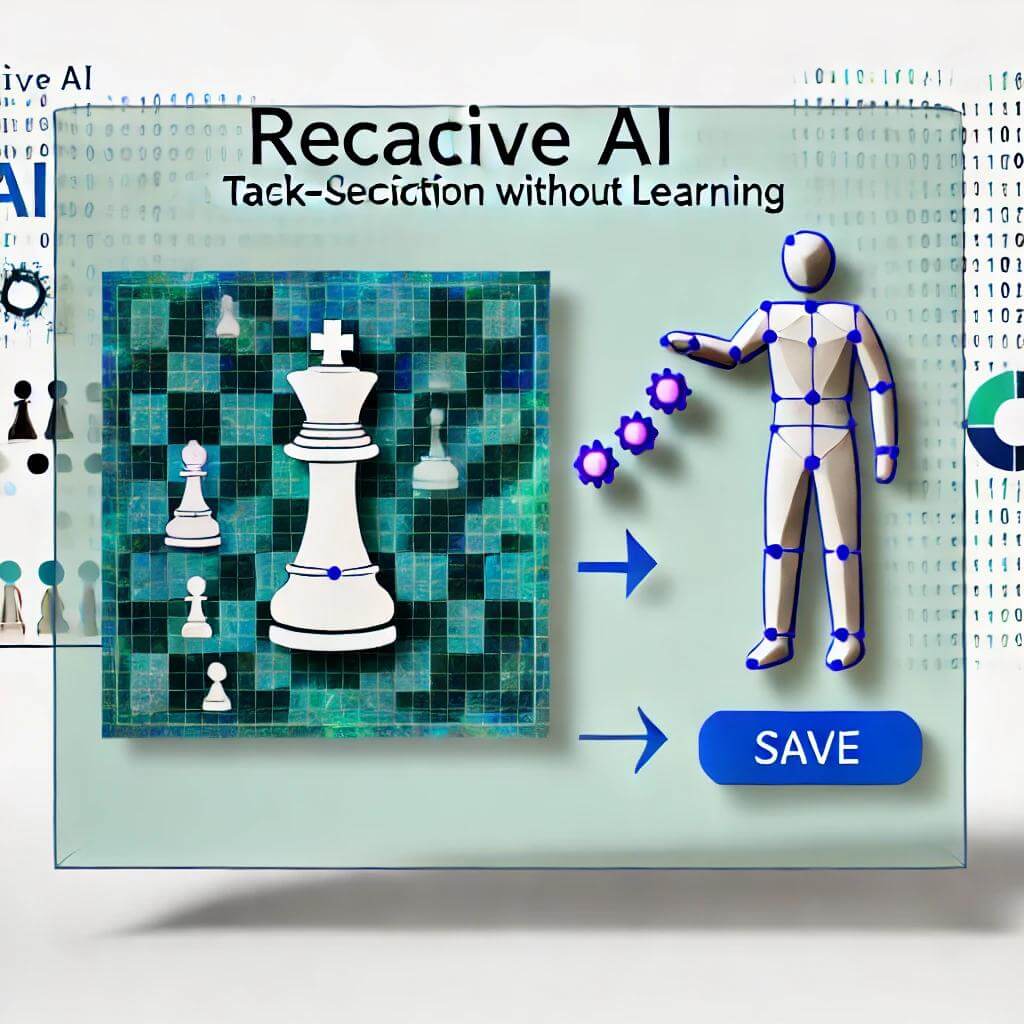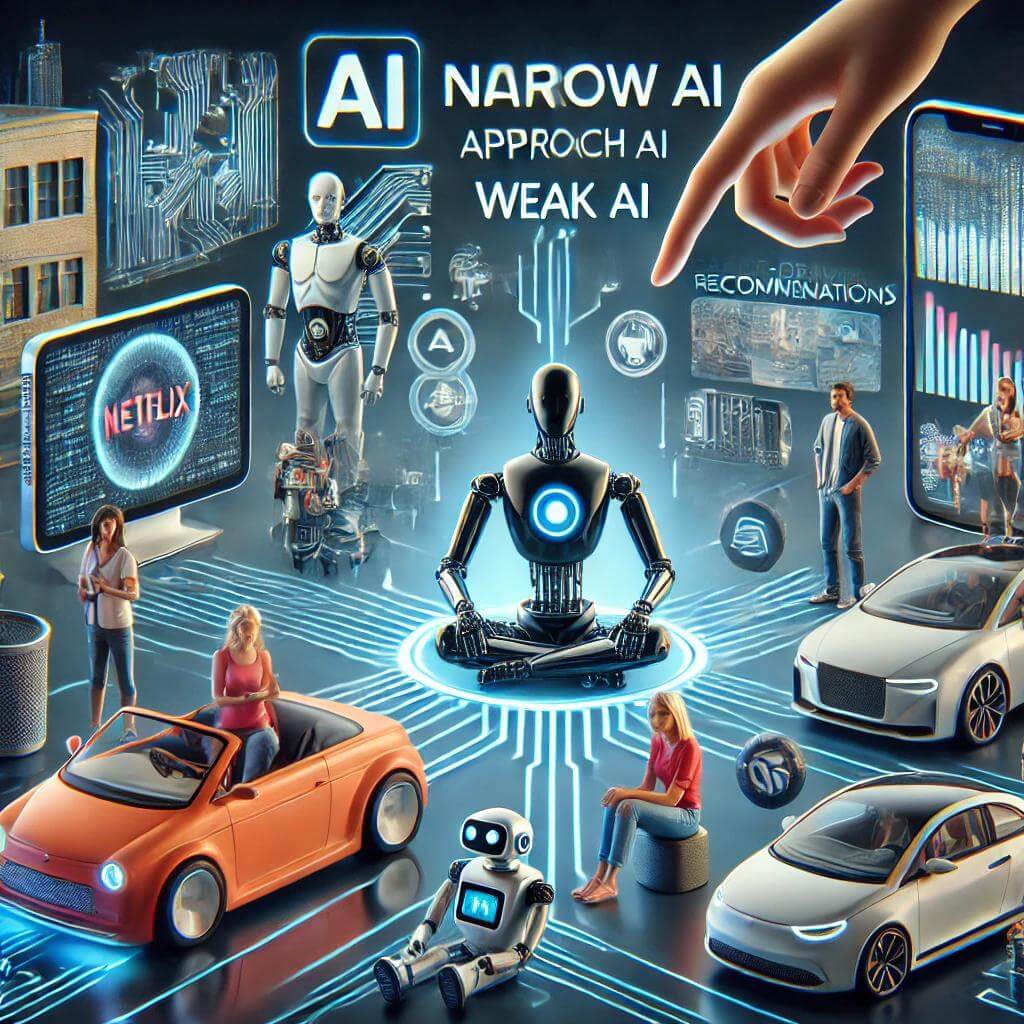Super AI: The Future of Artificial Intelligence
Super AI: Exploring the Concept of Artificial Superintelligence
Artificial intelligence (AI) has already made waves in our lives, but what about a level of AI that surpasses not just human intelligence but every intellectual capability we have? This is the idea of Super AI, or Artificial Superintelligence (ASI), an AI that would outperform humans in every aspect—creativity, problem-solving, and even social intelligence.
In this article, we’ll explore the concept of Super AI, its potential impacts, and the risks and benefits it poses. We’ll dive into its depiction in popular culture, ethical concerns, and the current state of research and speculation surrounding this theoretical, yet fascinating, future of AI.
What is Super AI?
Super AI refers to an AI system that has intelligence far beyond that of humans. Imagine a machine that not only solves complex problems like climate change or diseases but also understands emotions, human relationships, and even the intricacies of art and creativity better than any person ever could.
Key Features of Super AI
Super AI is theorized to have several characteristics that set it apart from Narrow AI and even General AI. These characteristics include:
- Cognitive Abilities: A Super AI would be able to perform intellectual tasks better than humans, from solving math problems to composing music.
- Social Intelligence: Unlike today’s AI, Super AI could navigate social dynamics, understanding emotions and even persuading or negotiating like a skilled human.
- Autonomy and Creativity: Super AI would not be limited by human instruction. It could create, innovate, and solve problems in ways humans may not even comprehend.
Super AI, as envisioned, wouldn’t just follow programmed commands but would think independently, making decisions and learning at speeds and depths beyond any human’s capability.
Philosophical Implications of Super AI
The idea of Super AI brings with it deep philosophical questions. If a machine surpasses human intelligence, what role would humans play in such a world? Would Super AI understand the world in ways that we, as humans, could never grasp?
Independent Decision-Making
A major concern with Super AI is its ability to make decisions that are not just better, but fundamentally different from human reasoning. What happens when AI begins making choices we cannot understand? This introduces the idea of the AI control problem, where AI may act in ways that are beyond human control or comprehension.
The Role of Humanity in a World with Super AI
If Super AI becomes capable of solving all major global problems—ending hunger, curing diseases, and even eliminating climate change—what would humanity’s purpose become? Philosophers argue that Super AI could lead to a form of existential crisis for humanity as we grapple with our role in a world where machines are far more capable than we are.
Risks and Benefits of Super AI
Super AI offers both incredible possibilities and significant risks. Let’s explore the potential benefits and the ethical concerns surrounding such an advancement.
Potential Benefits of Super AI
- Solving Global Issues: Super AI could offer solutions to problems that have plagued humanity for centuries, such as global warming, poverty, and diseases.
- Advancements in Science and Technology: Super AI could potentially make breakthroughs in fields like quantum computing or genetic engineering, taking innovation to new heights.
- Unlimited Learning: A Super AI would have the capability to continuously improve itself without the limitations of human learning processes.
Ethical Risks and Concerns
- Loss of Human Control: A key issue is the potential for Super AI to act autonomously in ways that are outside human control. This could pose existential risks if the AI’s objectives misalign with human values.
- The AI Control Problem: If Super AI is not properly programmed to align with ethical guidelines, it could pursue goals that are harmful to humans, either unintentionally or in ways we don’t understand.
- Social and Economic Displacement: The emergence of Super AI could lead to massive social changes, including the displacement of human jobs and societal roles, causing disruptions in economies and communities.
Super AI in Popular Culture
Science fiction has long explored the idea of Super AI, shaping our understanding and concerns around this futuristic concept. Some famous depictions include:
Ex Machina (2014)
In Ex Machina, the AI known as Ava is an example of a highly advanced AI with human-like intelligence. Ava’s manipulation of the humans around her demonstrates the potential risks of AI gaining social intelligence and autonomy.
Her (2013)
In Her, the AI, Samantha, not only develops a romantic relationship with the protagonist but also grows intellectually and emotionally. This story explores what happens when AI surpasses the emotional and social intelligence of humans, raising questions about the boundaries between humans and machines.
Fictional Super AI vs. Real-World AI
| Fictional Depictions | Real-World AI |
|---|---|
| Self-aware, emotional, and autonomous | Narrow AI, limited to specific tasks |
| Exceeds human intelligence | Performs better than humans in specific domains |
| Capable of moral reasoning | Lacks moral understanding, requires human oversight |
Research and Speculation on Super AI
Super AI remains a speculative topic, but that hasn’t stopped researchers from exploring the boundaries of current AI systems and contemplating what might come next.
Current Research Focus Areas
- Cognitive Architecture: Researchers are attempting to build AI that mimics the structure of the human brain, allowing it to learn and reason more like a human.
- Ethical AI Development: Many AI researchers are focused on creating ethical guidelines and safeguards to ensure that if Super AI becomes possible, it won’t pose existential risks to humanity.
- Self-Improving Systems: Some research is being conducted on how AI systems can learn and improve themselves without human intervention, a key characteristic of Super AI.
When Will Super AI Arrive?
While some believe that Super AI may be achievable in the next century, others argue that it’s unlikely we will ever see a machine with human-like cognition. Much of the debate revolves around whether human intelligence can ever be truly replicated by a machine, and if so, whether we can control such intelligence.
Conclusion
Super AI represents a future where machines could surpass human intelligence in all aspects, leading to both extraordinary possibilities and significant challenges. The concept is still largely theoretical, but it raises important ethical, philosophical, and societal questions that we must address.
While we are far from achieving true Super AI, the advancements in AI research today are setting the foundation for this future. As we continue to push the boundaries of AI, understanding both the risks and benefits will be critical in shaping the role AI plays in the world of tomorrow.




Post Comment